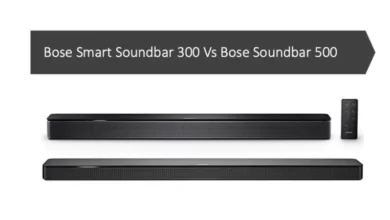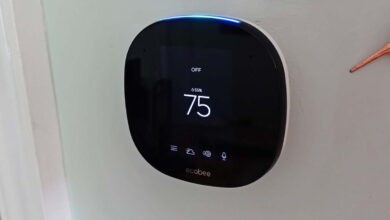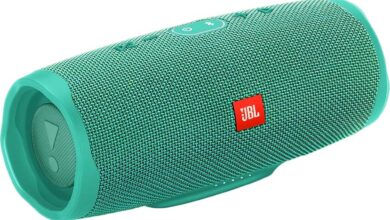
Comparing Sony XB100 and JBL Clip 4: A Comprehensive Analysis
When it comes to evaluating the Sony XB100 and the JBL Clip 4, we’ve closely examined five crucial aspects: Sound Quality, Design, Durability, Software, and Battery Life. By comparing these two popular portable speakers, we can better understand their unique features and determine which one is best suited to your needs.
Sound Quality: Sony XB100 vs. JBL Clip 4
The Sony XB100, an upgraded version of the XB13, builds upon its predecessor’s reputation for balanced sound and convenient design. While the improvements are subtle, they include enhanced sound quality, a distinct microphone with echo cancelling, and the integration of Bluetooth 5.3 technology for more reliable connections.
On the other hand, the JBL Clip 4 has long been favored for its pronounced volume, rugged design, and enhanced durability, making it an excellent choice for outdoor activities. While the XB100 delivers slightly better bass than the Clip 4, the difference is not significant enough to be a game-changer. It’s worth noting that the XB100 also offers stereo pairing capabilities, a feature that the Clip 4 lacks.
Design: Sony XB100 vs. JBL Clip 4
Both the XB100 and Clip 4 feature portable and rugged exteriors. The XB100 retains the strap feature seen on the XB13, allowing for versatile hanging options. On the other hand, the JBL Clip 4 employs a clip design that is narrower in adaptability but works well for attaching to backpacks or bike handles.
Durability: Sony XB100 vs. JBL Clip 4
Both the XB100 and Clip 4 are built to withstand the rigors of outdoor usage. They both carry an IP67 waterproof rating, ensuring survival even when immersed in water or exposed to dust. While the JBL Clip 4’s hard shell may provide a slight advantage in terms of durability, the difference between the two speakers is relatively subtle.
Software: Sony XB100 vs. JBL Clip 4
Neither the XB100 nor the Clip 4 offer a companion app, which limits some potential customization options. However, the XB100 gains an edge with its newer Bluetooth 5.3 technology, which likely provides a more stable connection compared to the Clip 4’s Bluetooth 5.1 connectivity.
Battery Life: Sony XB100 vs. JBL Clip 4
The Sony XB100 claims to offer up to 16 hours of playback time, whereas the Clip 4 provides approximately 10 hours, according to their respective manufacturers. While the XB100’s longevity is likely to live up to this claim, real-world performance can vary depending on factors such as volume level and connected devices. The XB100 outperforms the Clip 4 in battery life, albeit by a slight margin.
Pros and Cons Summary
Sony XB100:
Pros:
- Slightly improved sound quality and bass
- Bluetooth 5.3 for potentially better connectivity
- Partial use of recycled materials
Cons:
- Marginal improvements over XB13
- Lack of companion app support
- Limited availability on sale
JBL Clip 4:
Pros:
- Greater volume output
- Rugged design with clip-on feature
- Solid durability with waterproof and dustproof capabilities
Cons:
- No stereo pairing functionality
- Lack of companion app support
- Potentially inferior bass quality and overall sound profile compared to the XB100
Final Thoughts on Sony XB100 vs. JBL Clip 4
To summarize the comparison between the Sony XB100 and the JBL Clip 4, it’s evident that these speakers cater to different needs. The XB100 offers subtle sound quality improvements and reliable Bluetooth connectivity, making it suitable for quieter, less rugged settings such as home, office, or backyard use. With enhanced durability and louder volume, the JBL Clip 4 is better suited for adventurous outdoor activities like hiking, running, or road trips, where it can withstand harsh conditions and deliver music in noisy environments.
When making a choice between the Sony XB100 and the JBL Clip 4, consider your intended usage and preferences. Both speakers have their strengths and fall within a budget-friendly price range. However, it’s important to note that they may not offer a particularly unique or exceptional experience compared to other options available on the market. Ultimately, the decision depends on your personal preferences and lifestyle.



